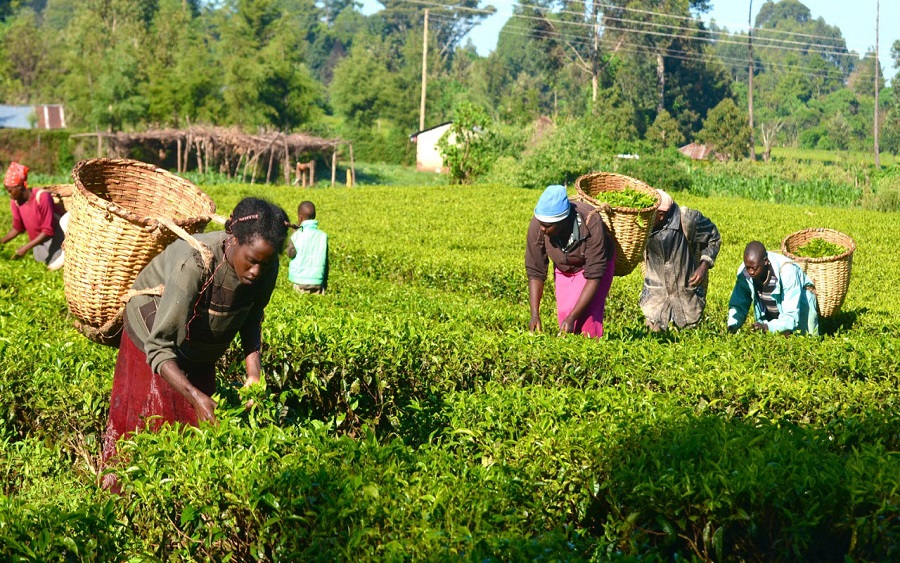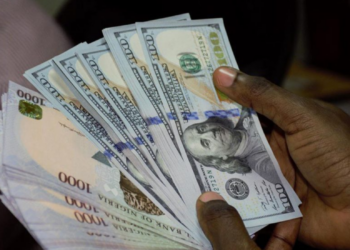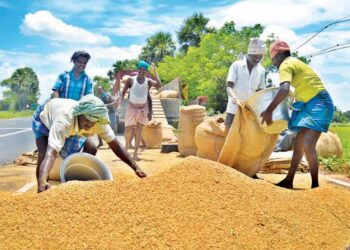Nigeria imported agric products valued at N1.97 trillion in 2021, surging by 42% year-on-year compared to N1.19 trillion recorded in the previous year. This also represents the highest amount on record spent on agricultural imports in any year.
This is despite concerted efforts by the Central Bank to grow the Nigerian agricultural sector by intervening and supporting local farmers through various schemes. However, Nigeria has continued to spend a huge chunk of its scarce FX resources on the importation of agricultural products.
Meanwhile, Nigeria earned N504.89 billion from agric export in 2021, which is 57% higher than N321.54 billion recorded in the previous year and 87% more than the N269.83 billion recorded in 2019. This brings the annual agric trade balance to a deficit of N1.46 trillion.
This is according to information extracted from the foreign trade report, released by the National Bureau of Statistics (NBS).
The agricultural sector, which is the largest sector of the Nigerian economy, accounting for 25.9% of the GDP, with an estimated value of N18.74 trillion has been unable to meet local demands, much less earning significant FX from exportation.
In the year 2021, the sector recorded a 2.13% year-on-year growth in real terms, which is slower than the 2.17% growth printed in the year before. Over the years, several policies have been implemented in a bid to spur growth in the Nigerian agricultural sector. Some of these include a ban on importation of some food items, closure of land borders, and financial injection into the sector.
CBN Agricultural intervention
According to the latest MPC communique of the Central Bank of Nigeria (CBN), the apex bank intervened in the manufacturing/industries, agriculture, energy/infrastructure, healthcare amongst other sectors.
- Between November and December 2021, the CBN disbursed N75.99 billion to support the cultivation of over 383,000 hectares of maize, rice and wheat under the Achor Borrowers’ Programme (ABP), bringing the cumulative disbursements under the programme to N927.94 billion to over 4.5 million smallholder farmers cultivating 21 commodities across the country.
- The Bank also released N1.76 billion to finance two (2) large-scale agricultural projects under the Commercial Agriculture Credit Scheme (CACS).
In case you missed it
Nairametrics reported yesterday that Nigeria’s international trade value surged by 58% to N39.8 trillion in 2021, largely driven by import bill.
- Nigeria imported goods worth N20.84 trillion in the review period, which is 64% higher than the N12.7 trillion recorded in the previous year, while export value increased by 51% year-on-year to N18.91 trillion.
- However, Nigeria’s foreign trade deficit jumped to N1.94 trillion from a deficit of N178.3 billion recorded in the previous year.
- Crude oil export in the period increased by 53% to N14.41 trillion in 2021 from N9.44 trillion recorded in 2020.
- On the other hand, Nigeria’s non-crude oil export value was stated at N4.49 trillion, which is 46% higher than the N3.08 trillion recorded in the previous year.
What this means
Despite the continuous contribution of the Central Bank of Nigeria in the agricultural sector, it appears Nigerians are still importing food items in large quantities from foreign countries. This could be attributed to the supply gap in the economy, owing to the continuous security challenges ravaging the northern areas of the country.
An increase in import bill without commensurate export returns means a negative trade balance and as such places more pressure on the exchange rate. The CBN is currently defending the naira at the official market, however, the parallel market is also selling naira as high as N580/$1.
























